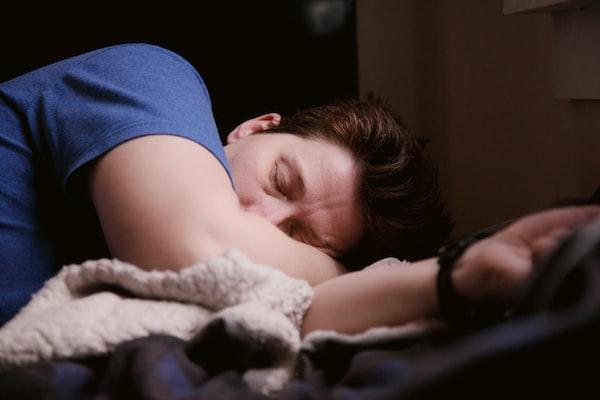Delirium tremens is a serious complication of alcohol withdrawal that can occur when a person suddenly stops drinking after a period of heavy alcohol use. If you or someone you know is struggling with alcohol addiction, being able to recognize the symptoms of delirium tremens can be lifesaving. Keep reading to learn more about delirium tremens and how it’s treated.
What is delirium tremens?
Delirium tremens (DTs) is a potentially life-threatening condition that can occur in people who have stopped drinking alcohol after a prolonged period of heavy drinking. It is a severe form of alcohol withdrawal that can be fatal if not diagnosed and properly managed. Managing DTs alcohol withdrawal symptoms is a crucial part of any alcohol abuse recovery program.
The cause of DTs is not fully understood, but it is believed to be related to withdrawal from long-term alcohol use. When someone struggling with alcohol addiction suddenly stops drinking, or “goes cold turkey,” the brain and nervous system have a hard time adjusting to this abrupt change.
What are the signs and symptoms of delirium tremens?
Delirium tremens is characterized by confusion, hallucinations, and shaking (tremors). DTs can be life-threatening and requires immediate medical attention.
The signs and symptoms of DTs typically develop within 48 hours after the last drink but can develop as late as five days after the last drink. They may include:
- Confusion
- Hallucinations (seeing or hearing things that aren’t there)
- Shaking or trembling
- Fast heart rate
- Fever
- Sweating
- Seizures
- Chest pain
- Dehydration
- High blood pressure
- Sleepiness or fatigue
DTs can cause abrupt changes to your body’s cardiovascular, nervous, and respiratory systems. If you or someone you know decides to quit drinking after long-term alcohol use, it is important to see a medical professional to help manage withdrawal symptoms.
What is the treatment for delirium tremens?
DTs is typically managed and treated in a rehabilitation facility or hospital setting. Alcohol Treatment often includes the use of benzodiazepines to help control seizures and tremors. Other anticonvulsants may also be utilized if needed, as well as antipsychotic medications to control hallucinations.
Alcohol withdrawal symptoms can also be managed with vitamins, such as thiamine (vitamin B1) for preventing brain damage or magnesium and potassium. Fluids and electrolytes are delivered intravenously to prevent dehydration.
Recovery support is another important component of treating DTs. This may include counseling, support groups, or other treatments to help the individual manage the challenges associated with overcoming alcohol addiction.
How can I prevent delirium tremens?
There’s no one definitive way to prevent delirium tremens, but there are things you can do to reduce your risk. Avoid suddenly stopping or significantly reducing your alcohol intake, which can trigger DTs. Gradually weaning yourself off alcohol may help reduce your risk of developing DTs. You should also stay hydrated by drinking plenty of fluids during alcohol withdrawal. Dehydration is a major risk factor for developing DTs.
If you or someone you know is trying to quit drinking alcohol, it’s important to see a doctor for regular checkups. Medical professionals can help monitor your health and identify any early signs of DTs.
What are the long-term effects of delirium tremens?
Delirium tremens is a severe form of alcohol withdrawal that can lead to death if it’s not treated. Long-term effects of DTs are not common, but prolonged, heavy alcohol use can lead to numerous health problems. Medical problems associated with alcohol abuse disorder include liver damage (cirrhosis), liver disease, cardiovascular complications, nervous system damage, and Wernicke-Korsakoff syndrome—a disorder caused by vitamin B1 (thiamine) deficiency that can result in permanent brain damage.
Delirium tremens is a potentially life-threatening condition that may occur in people who suddenly stop drinking after a period of heavy alcohol use. Overall, it is important to seek medical help if you or someone you know experiences any of the symptoms of delirium tremens.









